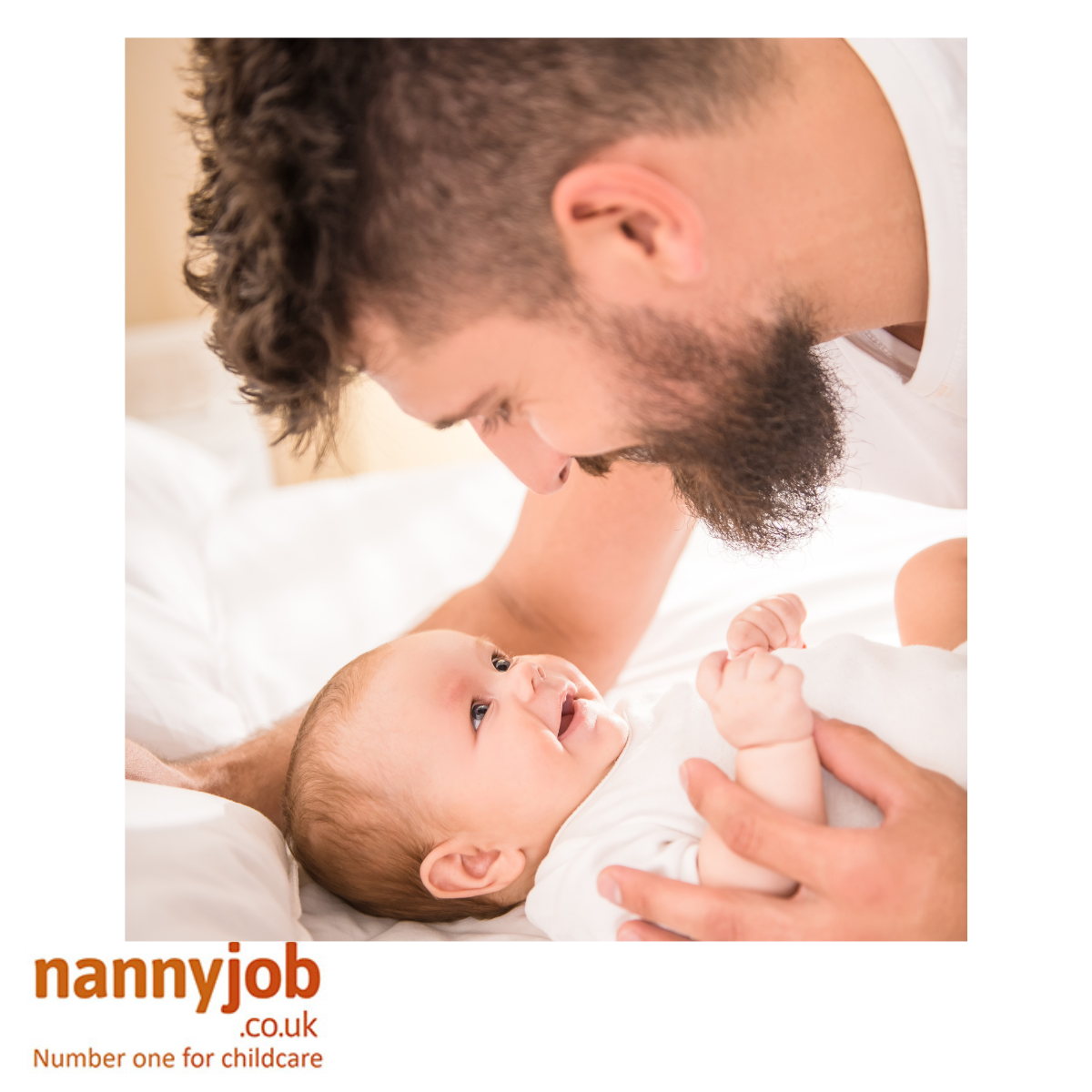In recent years, the discussion surrounding parental leave has gained significant traction, with many questioning whether fathers receive a fair deal when it comes to paternity leave. In this article, we delve into the current state of paternity leave policies and consider whether they adequately support fathers during their transition to parenthood.
Paternity leave policies vary significantly across the globe, with some countries offering generous paid leave for fathers, while others provide only a few days or none at all. In many cases, mothers are afforded more extended periods of maternity leave, which raises questions about the impact of these policies on gender equality and the opportunity for fathers to bond with their newborns.
There are several benefits associated with providing fathers with adequate paternity leave, including improved mental health, increased satisfaction with their work-life balance, and stronger relationships with their partners and children. Research also suggests that when fathers take paternity leave, it can lead to increased gender equality both at home and in the workplace.
Despite these benefits, many fathers still face barriers when attempting to take paternity leave, such as cultural stigmas, financial constraints, and a lack of awareness of their rights. To ensure that dads receive a fair deal, it is essential to address these barriers and advocate for policy changes that support equal parental leave opportunities for both mothers and fathers.
In conclusion, while progress has been made in recent years, there is still work to be done to ensure that dads receive a fair deal when it comes to paternity leave. By advocating for more equitable policies and breaking down barriers, we can create a world where both parents have the opportunity to bond with their newborns and enjoy the life-changing experience of parenthood.

